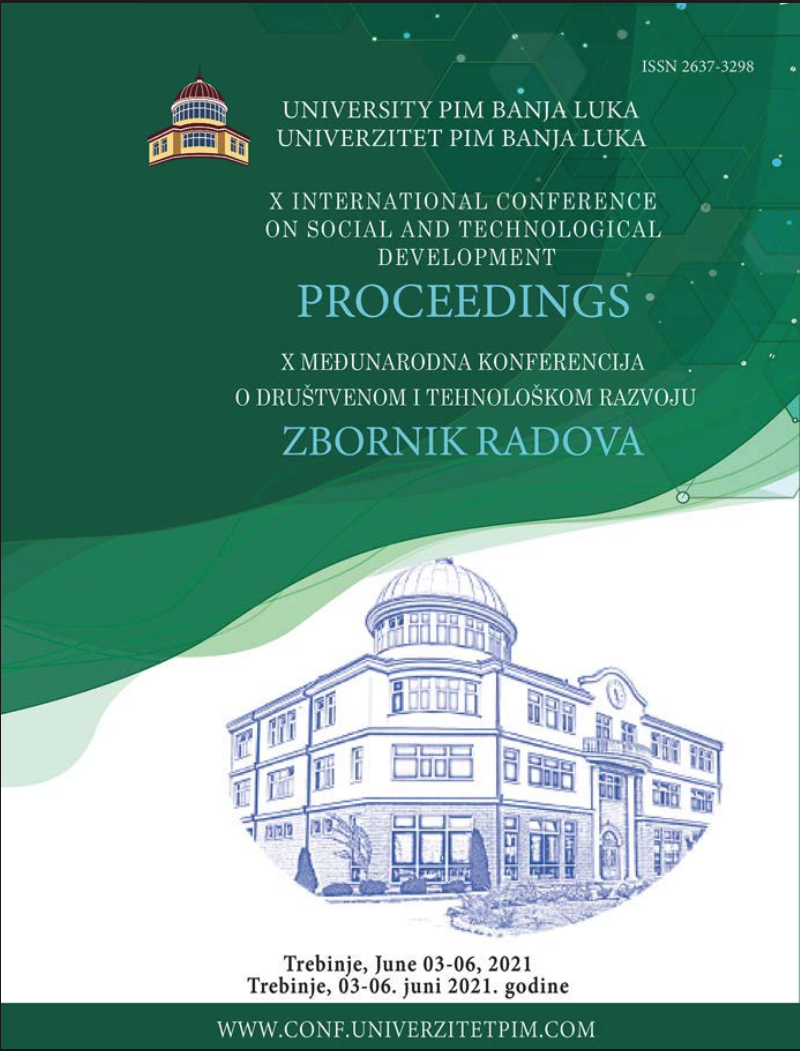
This is an open access article distributed under the Creative Commons Attribution License which permits unrestricted use, distribution, and reproduction in any medium, provided the original work is properly cited.
Faculty of Law, University of Nis , Niš , Serbia
Faculty of Law, University of Nis , Niš , Serbia
Faculty of Law, University of Nis , Niš , Serbia
Although we live in a time of normalization of the promotion of the rights of members of the LGBT community, the problems faced by this community are still numerous. As a consequence of the history of this issue and the constant manifestation of prejudice, violence and discrimination, members of the LGBT community have become a minority whose rights under the Convention are particularly endangered. In this paper, the authors focus on the specific field of violations of the rights of members of the LGBT community guaranteed by Article 10 of the European Convention for the Protection of Human Rights and Fundamental Freedoms, which are inevitably viewed through the prism of discrimination. In order to connect the theory and proclaimed rights with the scope and problems that arise in real life situations, the authors devoted part of the paper to the review and analysis of the case law of the European Court of Human Rights regarding the violation of Article 10 of the Convention. The paper presents conclusions on frequent and typical violations of the rights of members of the LGBT community, expert criticism of the arguments of the states against which applications have been submitted to the European Court, as well as an analysis of the stand of the European Court.
The statements, opinions and data contained in the journal are solely those of the individual authors and contributors and not of the publisher and the editor(s). We stay neutral with regard to jurisdictional claims in published maps and institutional affiliations.